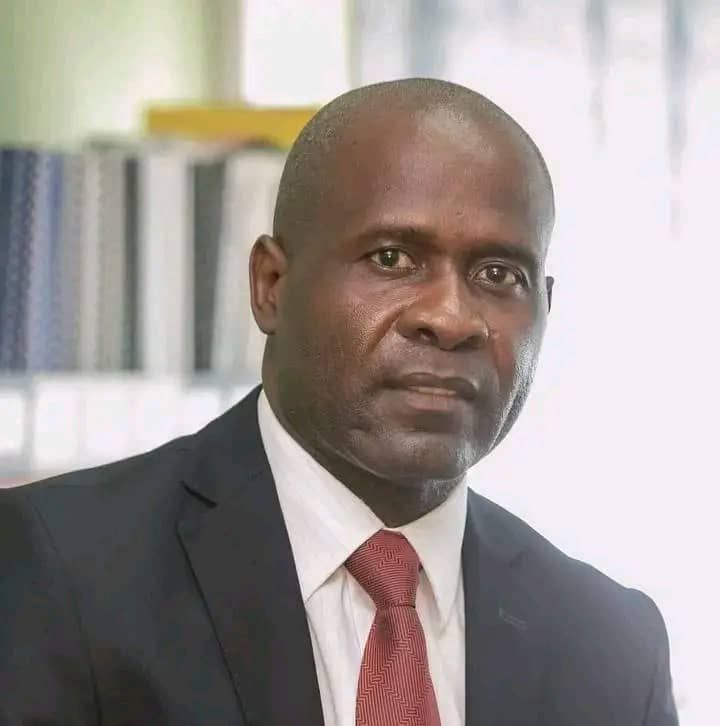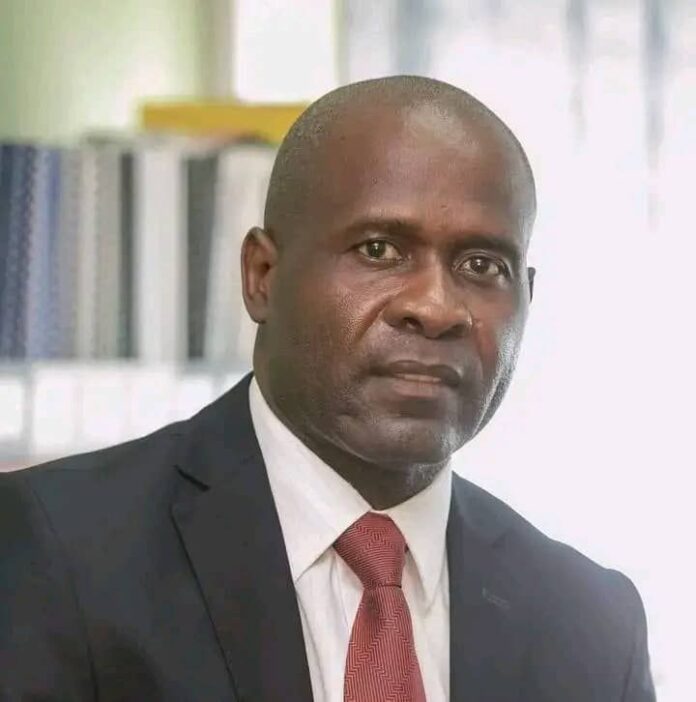By Burnett Munthali
Malawi is in the grip of one of its worst fuel crises in recent history, with long queues at filling stations, businesses struggling to operate, and public transport in disarray. As citizens anxiously wait for solutions, the Chief Executive Officer of the Malawi Energy Regulatory Authority (MERA), Henry Kachaje, has come under fire for abandoning his post at a time when his leadership is needed the most.
Reports indicate that Kachaje has left the country for a “long vacation,” at a time when Vice President Michael Usi had summoned a high-level stakeholders’ meeting to discuss solutions to the ongoing fuel shortages. His absence at such a critical juncture has ignited widespread public anger, with many questioning his commitment to addressing Malawi’s deepening energy crisis.

For weeks, Malawians have endured severe fuel supply disruptions, with erratic deliveries causing motorists to spend hours in queues at filling stations, often leaving empty-handed. Businesses, particularly those reliant on transportation and logistics, have suffered losses, while public transport operators have hiked fares due to limited fuel availability. The crisis has exacerbated economic hardships in a country already battling inflation and a weakened currency.
The government has acknowledged the problem, blaming it on forex shortages and logistical challenges. However, critics argue that the crisis is a result of poor planning and lack of strategic reserves. The absence of clear and effective interventions has fueled public frustration, with many looking to MERA for leadership and action.
In this moment of national distress, Henry Kachaje’s decision to leave the country has been perceived as an act of negligence. As the CEO of MERA, Kachaje plays a crucial role in regulating and overseeing Malawi’s fuel supply, yet he opted to travel instead of attending a stakeholders’ meeting convened by the Vice President.
His absence has not only drawn criticism from the public but has also raised concerns within government circles. Some political and economic analysts argue that his actions reflect a deeper crisis in Malawi’s governance, where key officials seem detached from the struggles of ordinary citizens.
Social media platforms have been flooded with reactions from frustrated Malawians, with many accusing Kachaje of abandoning his responsibilities. Some have called for his resignation, arguing that his priorities are misplaced at a time when the nation is in crisis.
In response to the crisis, the government has pledged to work with fuel suppliers and banks to secure forex for fuel imports. However, these measures are yet to bring immediate relief to Malawians, who continue to endure the consequences of an unstable fuel supply.
Vice President Michael Usi, who chaired the stakeholders’ meeting, expressed disappointment over Kachaje’s absence but assured the public that the government is working tirelessly to find a solution. He emphasized the need for improved coordination among key stakeholders, including MERA, the Reserve Bank of Malawi, and fuel importers.
As the crisis persists, calls are growing for increased transparency in how fuel reserves are managed. Some experts suggest that Malawi should explore long-term strategies, such as investing in alternative energy sources and securing strategic fuel reserves to cushion against future shortages.
Henry Kachaje’s decision to leave the country in the middle of a national fuel crisis has cast doubt on his leadership and commitment to serving Malawians. His absence at a crucial stakeholders’ meeting has only deepened public frustration, highlighting concerns about accountability and responsibility within government institutions.
With fuel shortages continuing to paralyze the economy, the onus is on the government and regulatory bodies to provide immediate and sustainable solutions. Malawians are demanding answers, and failure to address the crisis could have far-reaching consequences for both the economy and public trust in leadership.



